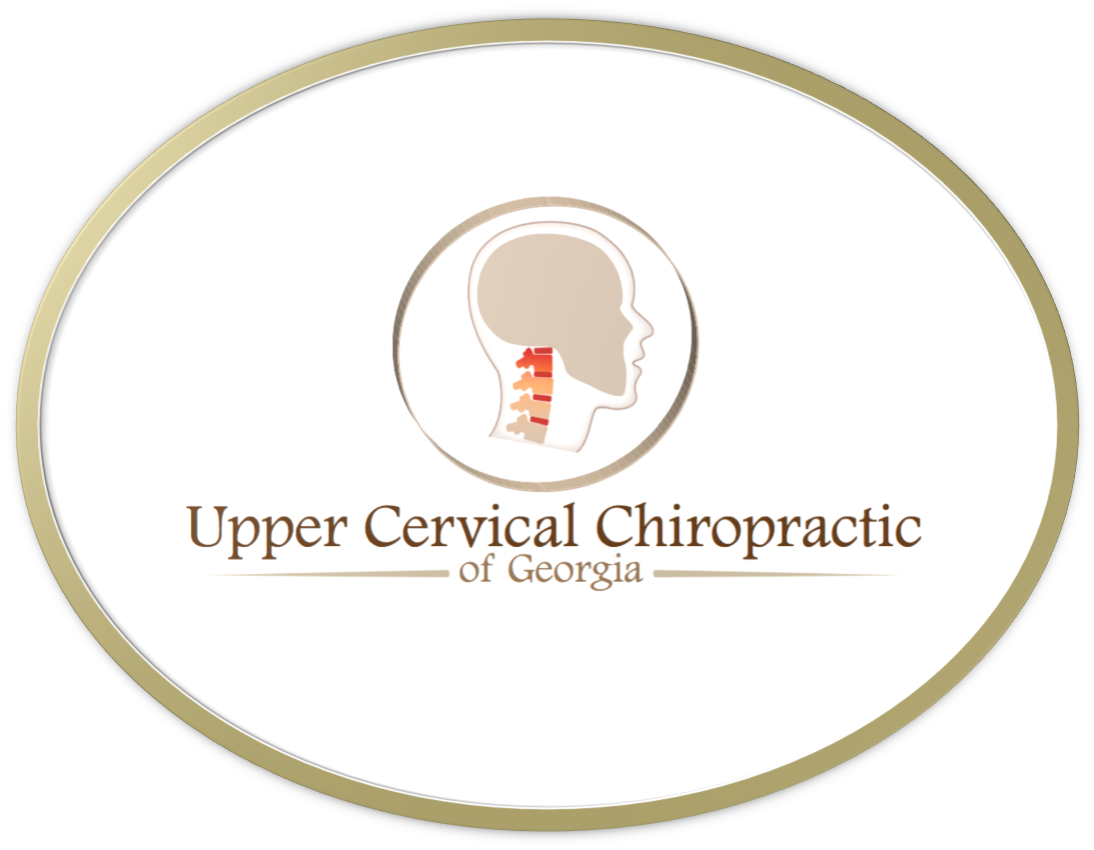
Website is under maintenance
We are doing some updates on our site, and we need to be offline for a while. We will be back with you shortly!

We are doing some updates on our site, and we need to be offline for a while. We will be back with you shortly!
Send us a message and we will get back to you asap!